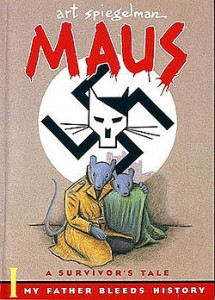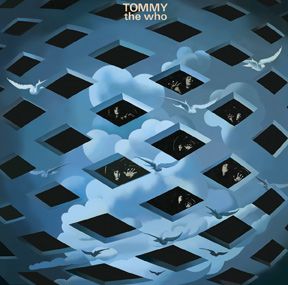(Don’t) Kill Our Idols: An Addison Recorder Editorial
Originally, this was a one part editorial, short, sweet, and to the point. Given recent events, it only seems proper to expand on the initial thesis.
On Friday, America was presented with the news that Lance Armstrong would no longer be pursuing his defense against the U.S. Anti-Doping Agency’s allegations that he used performance-enhancing drugs throughout his competitive cycling career. These charges, mostly leveled by accusations, are serious threats in a sport where it sometimes feels as though a new winner takes the stage only to be dethroned when it is revealed that they cheated (see Landis, Floyd).
Now, Lance Armstrong, winner of seven consecutive Tour de France championships, whom we can only picture wearing the yellow jersey given to the leader of the pack, has stopped fighting the claims that he cheated during all of those competitions.
The U.S.A.D.A., in like kind, has decided to strip him of those titles, all of his awards, and banned him from competitive cycling for life. (Never mind that they technically don’t have the power to strip him of the Tour de France titles, something governed by the I.O.C. But that’s besides the point.)
You’ve read all of these things before. [Read more…]










